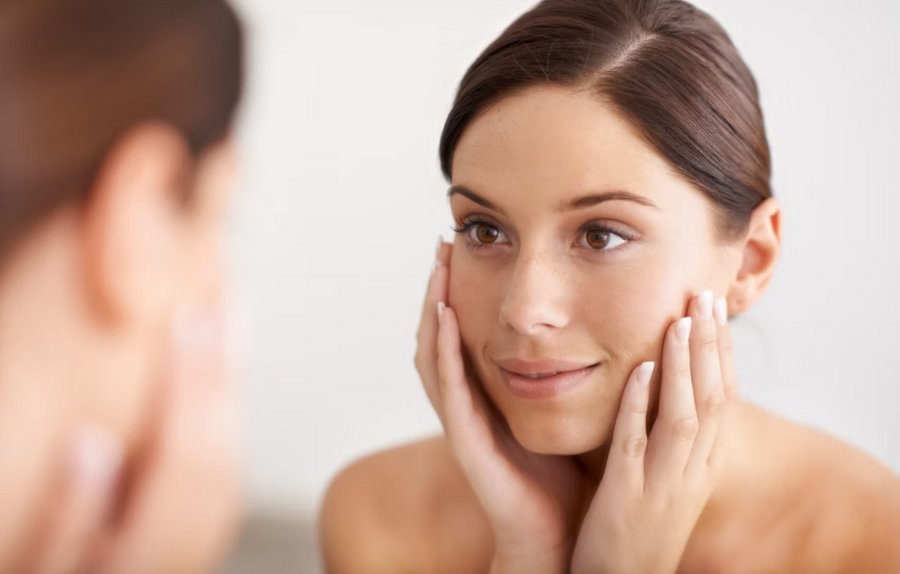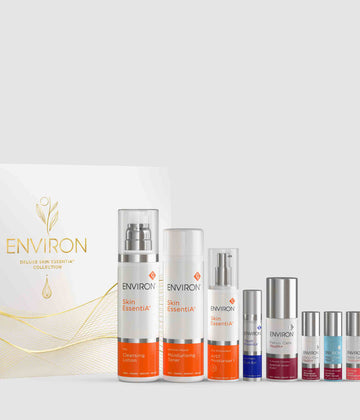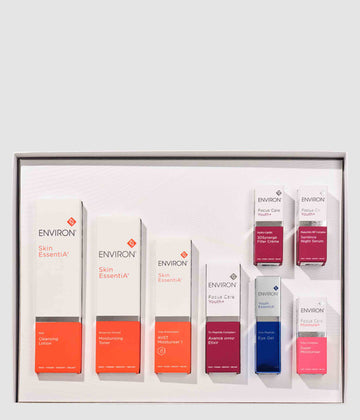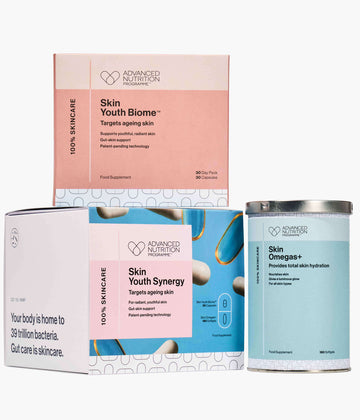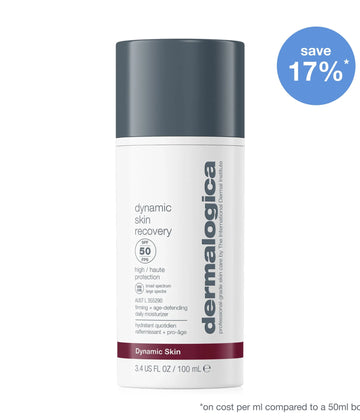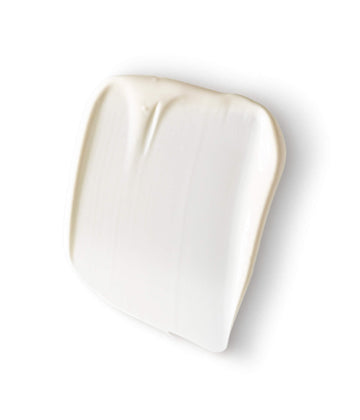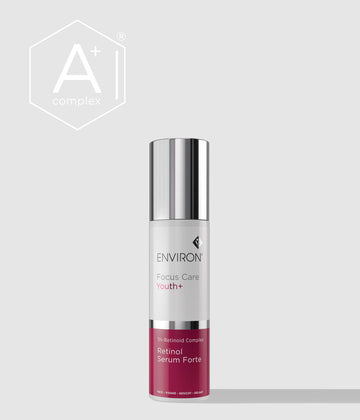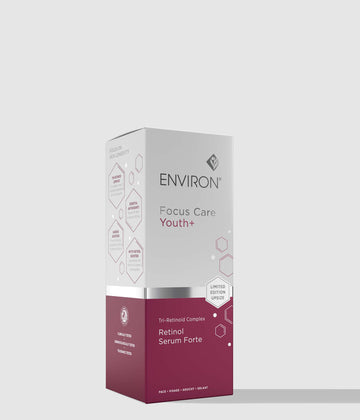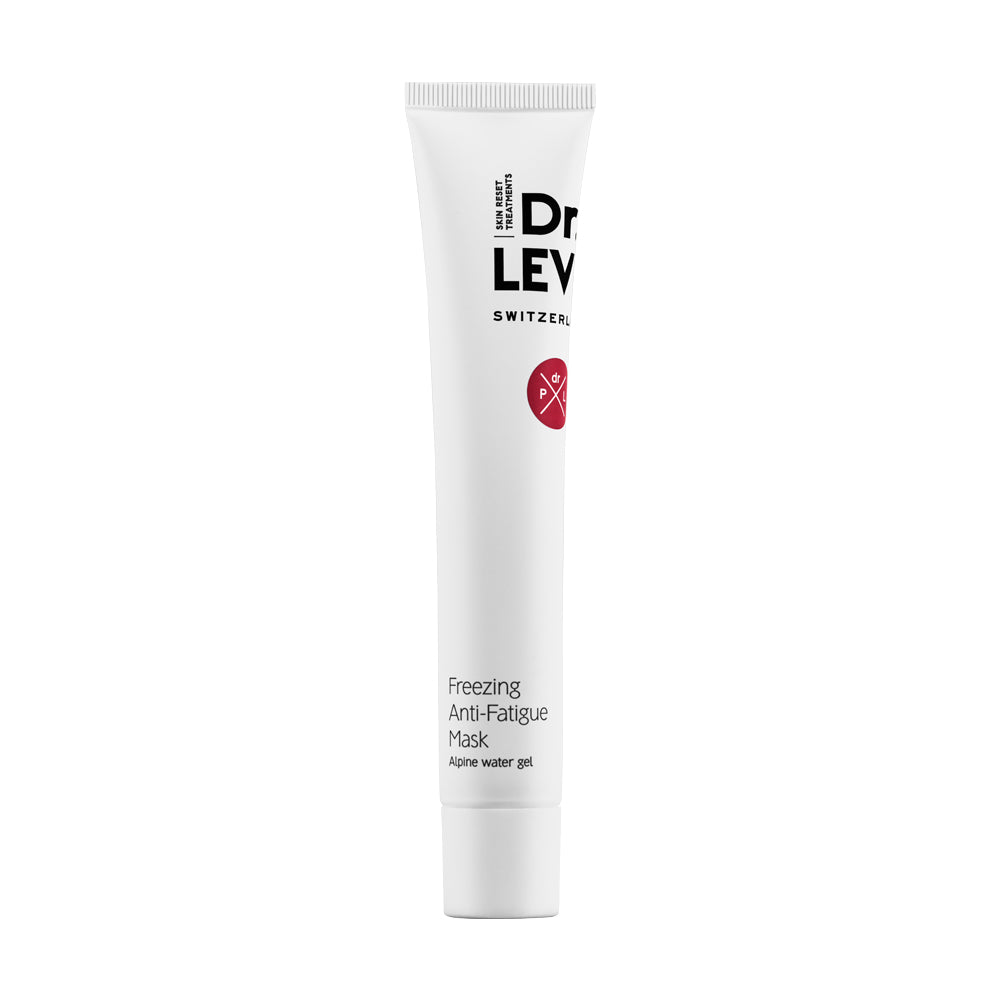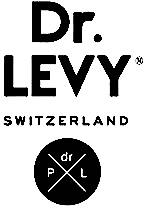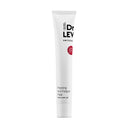Dr Levy
Created by Dr Phillip Levy, a renowned Swiss aesthetic doctor, Dr Levy Switzerland is the first cosmeceutical line to harness dermal stem cell activation. Using patented ArganCellActiv® technology, these products work at the cellular level to stimulate the skin’s own regenerative potential.
This luxury yet clinical range targets wrinkles, loss of firmness, and uneven texture with intensive serums, creams and eye treatments. It’s formulated with high concentrations of active ingredients and rigorously tested for proven efficacy.
Blending Swiss precision with scientific innovation, Dr Levy Switzerland offers professional-grade anti-ageing solutions that go beyond surface care to deliver transformative, long-term results.


